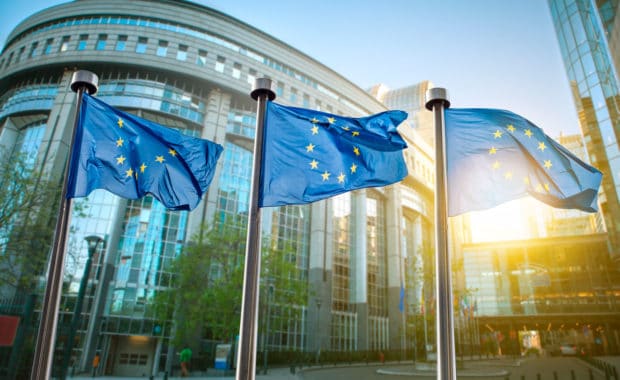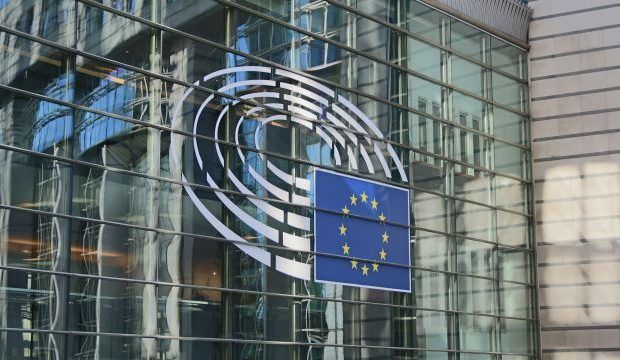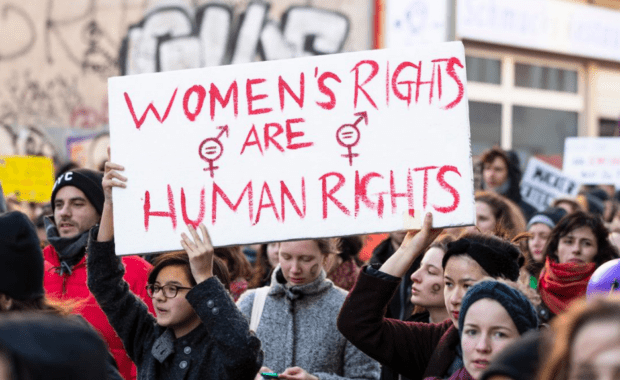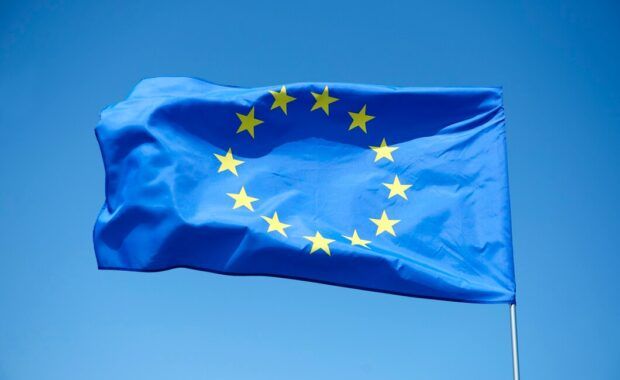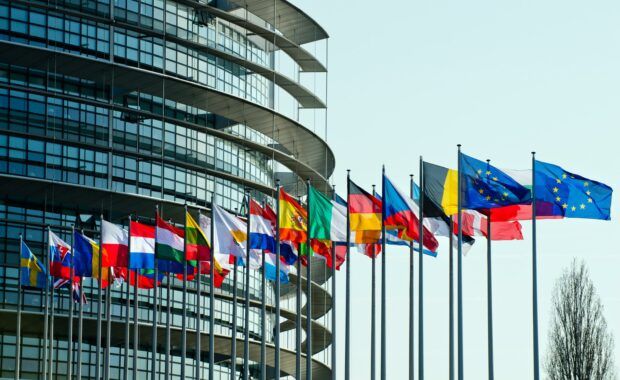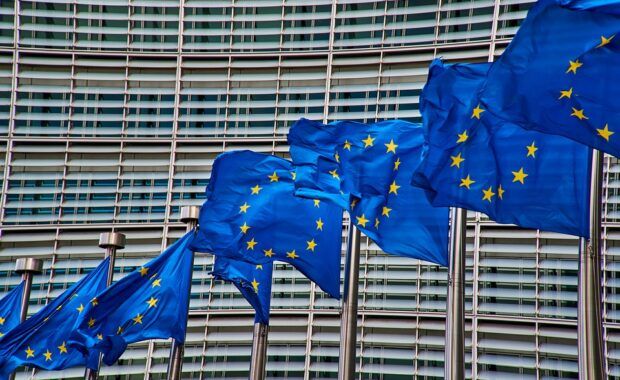In 2018, two Polish citizens legally married in Germany applied to the Polish authorities for a transcript of their marriage to be recognised in their country. The competent authorities refused the application on the ground that Polish law does not authorise same-sex marriages. The couple appealed against the decision and the Supreme Administrative Court referred […]
Read MoreEU calls for stronger action to end sexual and gender-based violence
Ahead of the International Day for the Elimination of Violence against Women, on 25 November, Executive Vice-President Mînzatu and Commissioner Lahbib, on behalf of the European Commission, and High Representative/Vice-President, Kaja Kallas, issued the following statement: “Gender-based violence is unacceptable. On this International Day for the Elimination of Violence against Women, the European Union renews its determination to end […]
Read MoreEU Talent Pool: deal on facilitating international recruitment in shortage occupations
A political agreement has been reached today to set up the EU Talent Pool, a digital platform to make it easier to recruit third-country nationals for work in the EU. On November 18th, negotiators from the Civil Liberties Committee reached an agreement with the Council on the creation of an EU Talent Pool platform. This […]
Read MoreMEPs warn of growing repression of activists abroad
On Thursday, the plenary urged the EU to respond to coercion and manoeuvres by authoritarian regimes to silence opponents and dissidents abroad. Human rights defenders are a fundamental pillar of democracy and the rule of law and are not sufficiently protected, say MEPs in an own-initiative report adopted by 512 votes in favour, 76 against […]
Read MoreParliament calls for ambitious gender equality strategy
MEPs want concrete EU action on gender-based violence and issues related to women’s health, employment and political representation. In the report, adopted with 310 votes in favour, 222 against and 68 abstentions, MEPs urge the Commission to present an ambitious gender equality strategy for 2026-2030, with concrete legislative and non-legislative measures in key areas. Strengthening […]
Read MoreEuropean Democracy Shield and EU Strategy for Civil Society strengthen resilient democracies
The Commission has presented last November 12 the European Democracy Shield, setting out a series of concrete measures to empower, protect, and promote strong and resilient democracies across the EU. An open civic space is at the core of our democracies, and this is why the Commission has also put forward an EU Strategy for Civil Society, for […]
Read MoreCommission proposes a Resettlement and Humanitarian Admission Plan for 2026-2027
The Commission proposed on November 11th the Union Resettlement and Humanitarian Admission Plan 2026-2027. The Resettlement and Humanitarian Admission Framework Regulation provides Member States with a framework to admit persons in need of protection through safe and legal pathways. Based on voluntary Member State contributions, the Plan outlines the resettlements and humanitarian admissions over the next two […]
Read MoreCommission launches first Annual Migration Management Cycle under the Pact on Migration and Asylum
On November 11th, the European Commission is taking a further step in implementing the Pact on Migration and Asylum by launching the first Annual Migration Management Cycle. The Annual Cycle provides a comprehensive overview of the asylum and migration situation in the EU, identifies the migratory situations Member States are facing, and proposes an Annual Solidarity Pool, […]
Read MoreCommission welcomes the judgment of the Court largely confirming the validity of the Directive on adequate minimum wages
The Commission welcomes today’s judgment of the Court of Justice of the European Union largely confirming that the Directive on adequate minimum wages stands on firm legal ground. Adequate minimum wages are essential for social fairness and a productive and inclusive economy. They help to protect workers’ purchasing power, reduce wage inequality and in-work poverty, support domestic demand and strengthen incentives to work. […]
Read More

